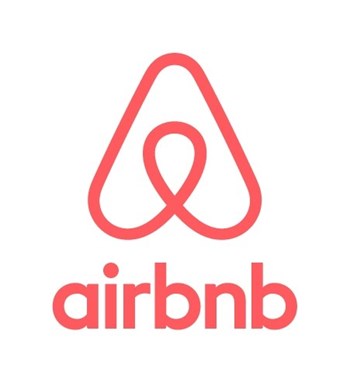
Airbnb's stake in the New York housing rental market could hit a major snag thanks to state lawmakers.
The New York State Senate passed a bill on June 17 that would prohibit users of the popular online hospitality marketplace from advertising apartments for short-term rentals, Reuters reported. Those who place such advertising could face fines up to $7,500 under the new legislation.
The bill heads to Gov. Andrew Cuomo who can either sign it into law or veto it. The law can also go into effect if he chooses not to sign it.
Democratic Assemblymember Linda B. Rosenthal, D-67, who sponsored the bill and represents the Upper West Side, Hell’s Kitchen and Clinton, said last April that the legislation would crack down on illegal hotel operators and protect tenants. “As we desperately try to fight to stem the loss of precious units of affordable housing,” she said in a press statement, “Airbnb’s presence in New York City is contributing to such a rapid loss of affordable housing that we simply cannot replace the units as fast as they are being lost to Airbnb. It must be stopped.”
Illegal and Violating Building Codes
Rosenthal's office claimed that Airbnb's website allows its users to “promote illegal activity that breaks New York State law, violates building and safety codes and zoning, threatens tenant safety, destabilizes our communities, and depletes our rapidly vanishing affordable housing stock.”
New York already bans rentals of units for less than 30 days when the tenants renting out their places aren't present.
Proponents of this new bill, such as regulators and the hotel industry, argue that these accommodations under Airbnb are essentially serving as illegal hotels. One of those backers, Vijay Dandapani, chairman of the Hotel Association of New York City, tells The Cooperator that they feel good about the bill's recent passage and hopes and expects Cuomo will sign it. He says that the units that are put on Airbnb's platform pay fewer taxes, and describes these accommodations as de facto hotels and fly-by-night operations masquerading as lodging.
“Without question it's hurting the industry, it's hurting our communities, it's hurting the fabric of society,” Dandapani says. “And the safety issue is also a big factor. Taxes are not being had, the hotel rates are negatively affected, new construction won't happen... there's a range of issues that they're getting a free ride on. And Airbnb is not a technology company, they're using a technology platform just like Backpage.”
Airbnb: Bill Will Hurt Homeowners
In response, Airbnb said the new legislation would impact Airbnb hosts on paying the new fines and put them at possible risk of eviction, foreclosure or bankruptcy. The company also claimed the money earned by the hosts enables them to stay in their homes, and added that the fines would worsen New York City's affordable housing crisis. Even actor Ashton Kutcher, who is an investor in Airbnb, chimed in on the issue when he posted a tweet on June 16, expressing his displeasure with the New York bill.
“It's disappointing—but not surprising—to see politicians in Albany cut a last minute deal with the hotel industry that will put 30,000 New Yorkers at at greater risk of bankruptcy, eviction or foreclosure,” said Josh Meltzer, head of public policy of Airbnb NYC, in a statement. “Let's be clear: this is a bad proposal that will make it harder for thousands of New Yorkers to pay the bills."
“Dozens of governments around the world have demonstrated that there is a sensible way to regulate home sharing,” he continued, “and we hope New York will follow their lead and protect the middle class.”
Poll Support
The San Francisco-based company also provided a recent poll conducted by Global Strategy Group. According to that survey, about 65 percent of likely 2016 general election New York voters agree “lawmakers should not penalize middle class families renting out their homes for less than 30 days the same way they penalize people operating illegal hotels and removing housing from the market.”
Dandapani agrees there is room for compromise with Airbnb. “The law currently allows hosts to rent even on a daily basis,” he says, “if you are there in your house and you want to entertain somebody from Norway or from Alaska—you can do it, there's no prohibition at all. We think they could play in this market.”
He also believes why the previous law is crafted for hosts to be actually present at their residence during the time a guest stays. “Because if you are there in your house, you can tell your guest who steps out of line or does something else that's illegal, you're there to control it. You also know where your fire exit door is and what happens if something goes awry from a safety standpoint. You're not there to control it if you're a de facto hotel with no front desk supervisor, no security guard, and no fire command center.”
Meanwhile, Airbnb has come under scrutiny in other cities besides New York. On June 22, Chicago's City Council approved new rules, backed by Mayor Rahm Emanuel, to regulate Airbnb, the Chicago Tribune reported. Earlier this week, Airbnb sued the city of San Francisco over a unanimous decision June 7 by that city's Board of Supervisors to fine the company $1,000 a day for every unregistered host on its service. If Airbnb does not comply, it could face misdemeanor charges, the New York TImes reports.
And recently, Airbnb is one of the parties
reportedly being sued by five displaced tenants in Los Angeles
related to a case in which they were evicted from their apartments
that were later listed on Airbnb.
David Chiu is associate editor of The Cooperator.



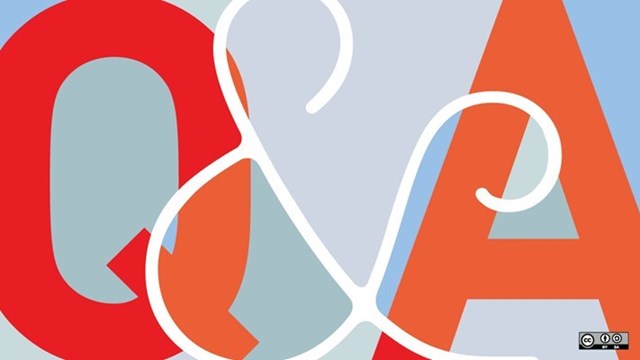
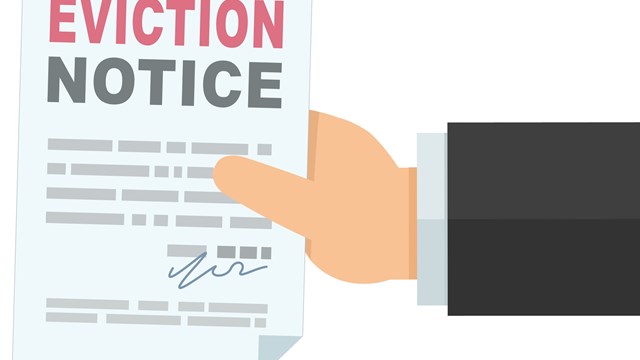
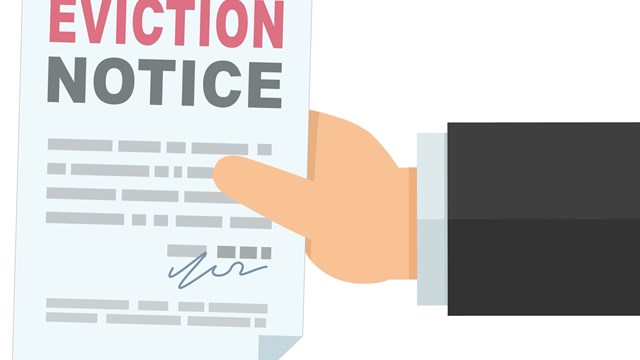
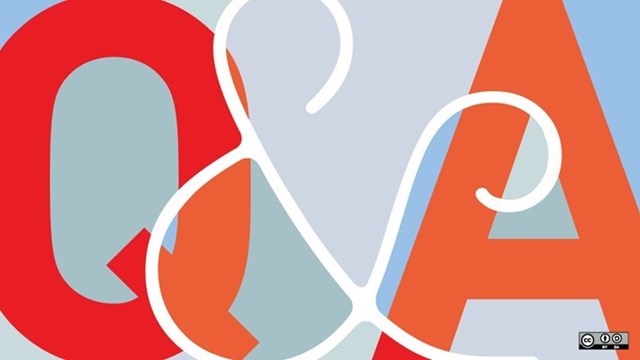

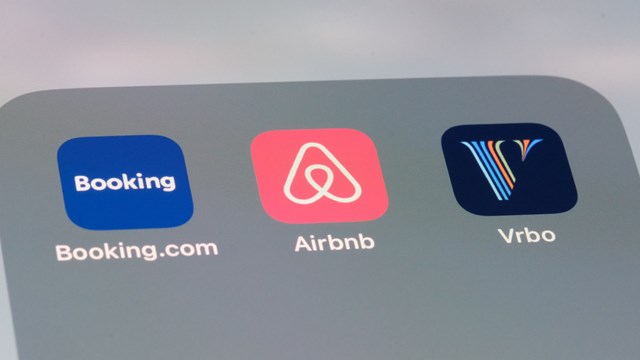
Leave a Comment